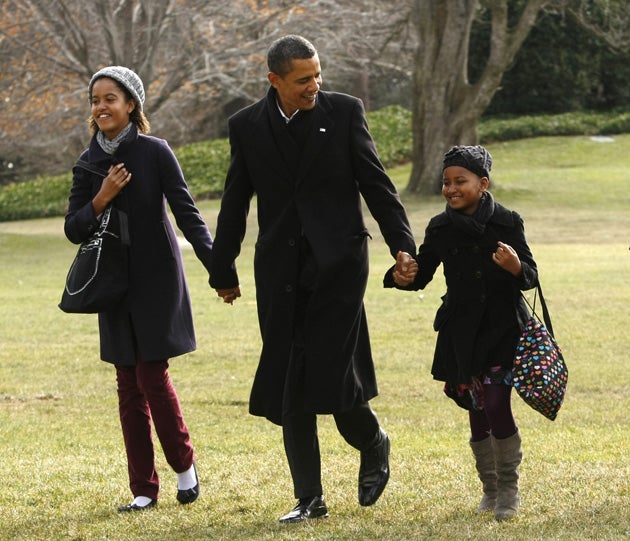Confusion reigns as US security is stepped up
Black-listed nations accuse US of knee-jerk racism over imposition of tighter measures to combat terrorism

The world reacted with a mixture of confusion and hostility yesterday to new US rules saying that people who come from any of the 14 nations on a "black list" of countries alleged to be hotbeds of terrorism must now undergo intense security screening at airports across the world.
The measures, announced late Sunday night and which took effect yesterday, mean citizens of the designated countries will be pulled aside for pat-downs and extra hand-baggage searches, no matter where they are travelling from. Their luggage and clothing will be checked for traces of explosive and they will be required to pass through controversial full-body screeners at airports equipped with the machines.
The rules also affect all passengers on flights originating in or passing through the 14 countries. Every passenger on board those planes, no matter what their nationality, will be singled out for the extra screening.
The blacklist includes the four countries America considers to be "state sponsors of terrorism" – Iran, Syria and Sudan – plus its old Cold War sparring partner, Cuba. There are then another 10 alleged "countries of interest" – Afghanistan, Algeria, Lebanon, Libya, Pakistan, Somalia, Yemen, Saudi Arabia, Nigeria and Iraq.
Citizens of those nations already require a visa to travel to the US, and some governments are unhappy at being singled out. Nigeria, for example, described their black-listing as an "unfair" knee-jerk reaction to the fact that Umar Farouk Abdulmutallab, the man arrested for the failed Christmas Day bombing, was one of its citizens.
"[His] behaviour is not reflective of Nigeria and should therefore not be used as a yardstick to judge all Nigerians," said the country's information minister Dora Akunyili. "It's unfair to discriminate against over 150 million people because of the behaviour of one person."
The minister added that Abdulmutallab was radicalised in the UK, and had to travel to Yemen to be shown how to secrete plastic explosives in his underpants. "He was not influenced in Nigeria, he was not recruited or trained in Nigeria, he was not supported whatsoever in Nigeria," she told Reuters.
Saudi Arabia and Pakistan, which are also new additions to the list of "countries of interest," also regard the inclusion as a public insult.
Civil liberties campaigners are concerned that the new rules are tantamount to racial profiling. A British resident who happens to carry a Pakistani passport will now be exhaustively searched every time he or she flies to the US, while fellow passengers undergo only standard screening.
And opinion varies as to whether the new measures will actually make flights safer. Many experts say that there is scant evidence that they would have prevented the attempted Christmas Day bombing of Northwest Airlines flight 253 over Detroit.
So-called "millimetre wave" technology used in full-body scanning machines struggles to detect small amounts of low density materials, such as explosive powder. The Independent on Sunday revealed this week that both the Department for Transport and the Home Office were unconvinced that the machines work.
Airport authorities are also unsure what the US rules are meant to mean. An official for the Department of Transport, which oversees security at UK airports, told the Press Association yesterday that they were still trying to decipher their practical implications.
Race-relations campaigners meanwhile intend to file a formal complaint against the new rules. "I understand there needs to be additional security in light of what was attempted on Christmas Day," Nawar Shora, the legal director at the American-Arab Anti-Discrimination Committee, told the New York Times. "But this is extreme and very dangerous. All of a sudden people are labelled as being related to terrorism just because of the nation they are from."
*British intelligence that the Detroit bomb plot suspect tried to contact radical Islamists while he was a student in London was passed on to US officials, Downing Street has insisted. Umar Farouk Abdulmutallab's name was in a dossier, shared with US intelligence agencies, of people believed to have approached extremists. But he was not singled out as a particular risk, a No 10 spokesman said, insisting that Abdulmutallab did not become radicalised until after he left the UK in October 2008. Barack Obama has criticised the FBI and CIA for failing to piece together information about the 23-year-old Nigerian that should have stopped him boarding the jet.
Join our commenting forum
Join thought-provoking conversations, follow other Independent readers and see their replies
Comments
Bookmark popover
Removed from bookmarks